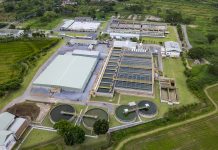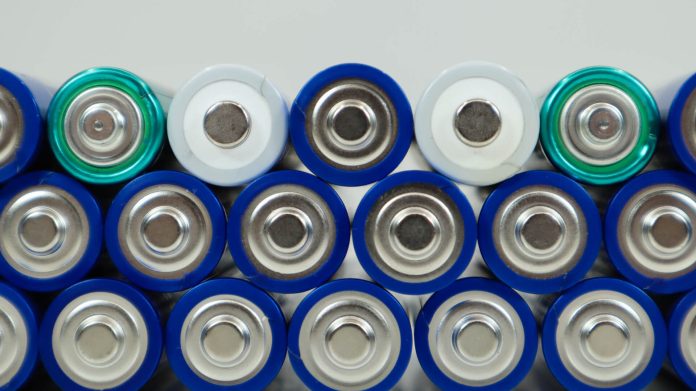The Indo-Pacific Economic Framework (IPEF) for prosperity, a fourteen member group led by the United States, has identified semiconductors, critical minerals, batteries, and chemicals as key sectors within its supply chain resilience pact, according to the US commerce department.
The agreement, signed earlier this year, involves member countries such as India, Australia, Brunei, Fiji, Indonesia, Japan, South Korea, Malaysia, New Zealand, the Philippines, Singapore, Thailand, the US, and Vietnam.
Countries interested in participating can join ‘action plan teams’ within a month of their creation to explore collaborative efforts aimed at strengthening supply chain resilience in these essential sectors.
Critical minerals, for example, are vital to industries such as clean energy, electronics, defense, transportation, telecommunications, fertilizers, and pharmaceuticals. However, the concentration of supply and global market dynamics present challenges, including price volatility and potential supply disruptions.
The supply chain resilience agreement, part of IPEF’s pillar II initiative, has been in effect since February and aims to reinforce supply chains through economic cooperation among member nations.
As reported by business-standard.com, three key bodies have been established under this agreement: the Supply Chain Council (SCC), the Crisis Response Network (CRN), and the Labour Rights Advisory Board (LRAB).






























